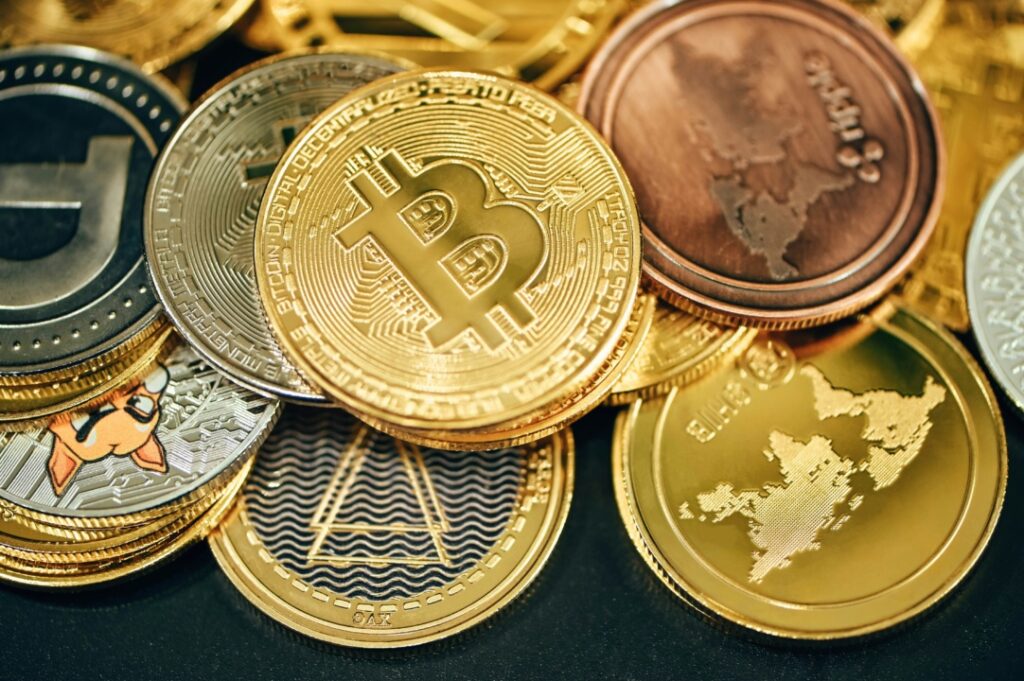The world of online gaming has seen transformative advancements in recent years, with cryptocurrency and blockchain technology emerging as key players in reshaping the industry. Today, players can enjoy a wide variety of crypto-enabled gaming experiences, from crypto casino games such as slots, poker, and roulette, to blockchain-based video games, where assets like characters, weapons, and virtual real estate are tokenized as NFTs (Non-Fungible Tokens). Crypto has made its way into both traditional and innovative forms of gaming, offering unique experiences that provide faster, more secure transactions, player ownership of in-game assets, and new economic models that reward active participation.
Secure and Transparent Transactions
One of the most significant benefits of cryptocurrency in online gaming is the enhanced security and transparency it provides for transactions. Traditional payment systems, including credit cards and bank transfers, can be subject to fraud, chargebacks, and data breaches. Cryptocurrency, on the other hand, operates on a decentralized network and uses blockchain technology, which ensures that all transactions are recorded on a public ledger that is immutable and transparent.
For gamers, this means that their deposits, withdrawals, and in-game purchases are not only faster but also more secure. Blockchain’s cryptographic principles make it nearly impossible to alter transaction records, reducing the risks of fraud and ensuring that players’ financial data is protected from hacks or breaches. In games where real-money transactions occur, such as online casinos or marketplaces for in-game items, crypto provides an added layer of security that traditional payment methods cannot offer.
In crypto casinos, for instance, players can make instant deposits and withdrawals using digital currencies like Bitcoin, Ethereum, and Litecoin, all of which are processed securely and privately via the blockchain. These transactions are not only faster but can also lower fees, especially in regions where traditional banking methods are slow or costly. Not only do the crypto casinos recommended by republicworld.com offer secure payments via crypto, but they are also known to offer players huge game libraries and big bonuses as well. The combination of these benefits draws in players from all around the globe.
Decentralized and Player-Owned Economies
Blockchain technology allows for the creation of decentralized economies within games, where players can truly own their in-game assets. Traditional games typically rely on centralized servers and databases, meaning the game developer controls all assets and currency within the game. However, with blockchain, players can have real ownership of in-game items, characters, and even virtual land.
Non-fungible tokens (NFTs) have gained prominence as a way to represent unique in-game assets on the blockchain. NFTs are digital collectibles or items that are provably scarce, and their ownership is recorded on the blockchain. These tokens can represent anything from rare in-game skins, characters, weapons, or even virtual real estate in metaverse games. Players can buy, sell, or trade these assets on decentralized marketplaces, turning them into valuable commodities.
In play-to-earn (P2E) games, players can earn valuable crypto assets by achieving in-game milestones or by participating in various in-game activities. These assets, often NFTs or cryptocurrencies, can be traded or sold outside the game, providing an opportunity for players to generate real-world income from their gaming efforts.
Microtransactions and Play-to-Earn Models
Cryptocurrency has made a significant impact on the way players engage with microtransactions and “play-to-earn” (P2E) models. Traditional gaming often involves microtransactions, where players spend small amounts of money on in-game items or upgrades. However, crypto technology allows for seamless, low-cost microtransactions that were previously not feasible with traditional payment systems due to high transaction fees and currency conversion costs.
The rise of play-to-earn games is one of the most innovative models enabled by cryptocurrencies. P2E games allow players to earn real-world value, usually in the form of crypto or NFTs, by participating in the game, completing tasks, or competing in tournaments. This new model creates an entirely new layer of interaction between players and developers, as players are no longer just consumers of digital content—they can also profit from their time and skills in the game.
Cross-Platform Interoperability
Cryptocurrency and blockchain technology also facilitate greater interoperability between different gaming platforms and ecosystems. In traditional gaming, assets and currency are often confined to specific games or platforms. However, blockchain-based assets like NFTs can be used across multiple platforms, allowing players to carry their in-game items or even characters from one game to another.
This cross-platform interoperability is made possible by the decentralized nature of blockchain, which is not bound by the constraints of a single game’s ecosystem. With the increasing popularity of metaverse games and virtual worlds, players can use their crypto and NFT assets across a variety of virtual environments, creating a more interconnected gaming experience.
Enhanced Reward Systems and Tokenization
Crypto technology also allows for the tokenization of rewards and in-game currency, which provides a more flexible and engaging way to incentivize players. Instead of relying on traditional, in-game points or currency that have no value outside the game, developers can create cryptocurrencies or tokens that players can use both within the game and in the real world.
These tokens can represent in-game rewards, such as achievements or loot boxes, and can be traded on cryptocurrency exchanges, converted into fiat currency, or used to purchase other in-game items or assets. The ability to use in-game rewards as real-world value adds an extra layer of excitement for players, as their achievements within the game have tangible value outside of the game itself.
Caroline is doing her graduation in IT from the University of South California but keens to work as a freelance blogger. She loves to write on the latest information about IoT, technology, and business. She has innovative ideas and shares her experience with her readers.






